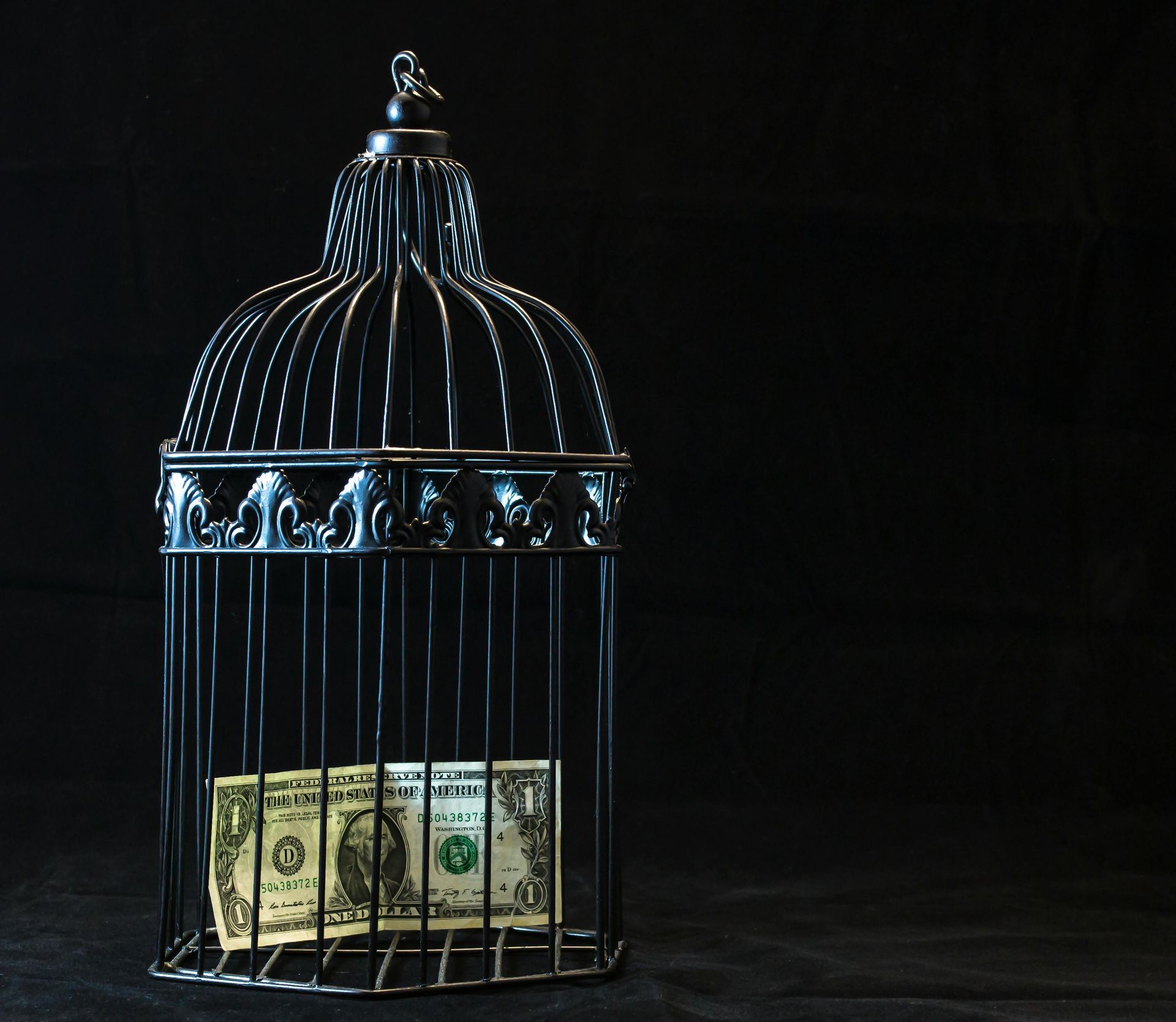UK's New Tax Policy: A Shift for Wealthy Foreign Residents
A Shift for Wealthy Foreign Residents

The United Kingdom has made a significant policy shift that could have major implications for ultra-wealthy foreign residents. As of April 2025, the UK will no longer offer tax breaks to so-called "non-doms," allowing foreign residents to avoid taxes on their overseas income for up to 15 years. This announcement, made by Rachel Reeves, the Chancellor of the Exchequer, during her first budget since the Labour Party took power, is set to raise an additional $16.5 billion over the next five years.
Reeves stated, "We will remove the outdated concept of domicile from the tax system. I have always said that if you make Britain your home, you should pay your taxes here, too." Instead of the previous non-dom tax breaks, the UK will implement a residence-based tax program, offering competitive arrangements for wealthy foreigners who are in the country temporarily.
The prior Conservative government had hinted at similar changes, introducing a temporary repatriation facility allowing non-doms to bring in foreign income at a reduced tax rate of 12% for two years, which will now be extended to three years under the new policy.
Despite the potential for increased tax revenue, some entrepreneurs and analysts are concerned that this move may drive high-net-worth individuals away from the UK. Bassim Haidar, an entrepreneur, expressed concern about the fairness of taxing wealth generated outside Britain, stating, "To be taxed so heavily on wealth generated outside Britain, perhaps years before people even moved to the UK, is unfair."
Reports indicate that even without the new tax regime, many high-net-worth individuals are considering leaving the UK. A Henley & Partners report predicted that 9,500 individuals worth $1 million or more could depart England this year. Additionally, a survey from Arton Capital showed that nearly half of millionaires in the UK would consider leaving after the recent election.
As the UK implements these changes, it remains uncertain whether high-net-worth individuals will choose to leave or accept these new tax obligations as a contribution to the British economy.



